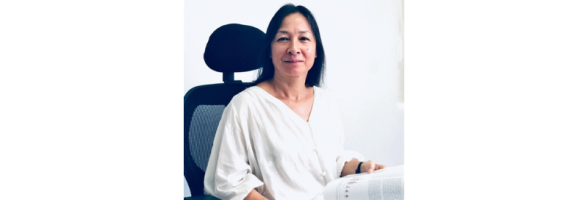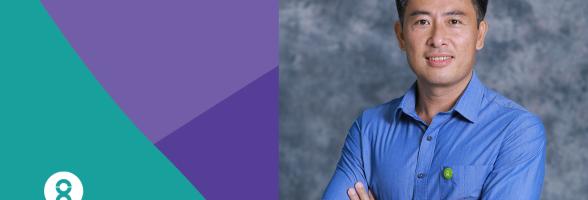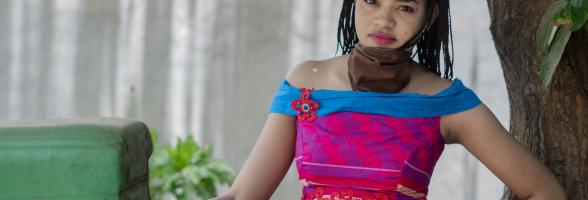“In the face of a global pandemic, it doesn’t matter where you come from, what language you speak, or your cultural background. COVID-19 reminds us that we all deserve to be treated equally and have the same basic rights.”
Faced with the coronavirus pandemic, Oxfam is concerned about the impact it could have on the most vulnerable communities in poorer countries across the world. Drawing from substantial expertise and lessons learned from past disease outbreaks, we are prepared and ready to respond. Meanwhile, we have also put measures in place to protect the health and security of our staff.
Despite access restrictions, we are working around the clock with our local partners in more than 60 countries to deliver much needed assistance to curb to spread of the virus and help protect communities from its economic impact.
How is Oxfam responding?
Oxfam is mobilizing to prevent the spread of coronavirus and save lives. Water, sanitation and hygiene are vital for any attempts to manage the rate of inevitable infections and have been areas of our core work for decades. We have longstanding operational experience in responding to public health emergencies and our expertise is informed by lessons from past epidemics like cholera, Zika and Ebola. As with other emergencies, we work closely with our local partners and support them and their work wherever possible.
Our priority is to support the most vulnerable people, especially those in higher-risk environments such as refugee camps or crowded urban areas. Our teams have increased the delivery of clean water, sanitation services such as handwashing facilities and hygiene materials like soap. We work with communities on hygiene awareness, help ensure access to food and other essentials, and get cash to those most in need.
Globally, our humanitarian response has reached 14 million people across 68 countries.Oxfam is a member of the People’s Vaccine Alliance, coalition of organizations and activists united under a common aim of campaigning for a People’s Vaccine for COVID-19: urging that safe and effective vaccines are produced rapidly at scale and made available for all people, in all countries, free of charge.
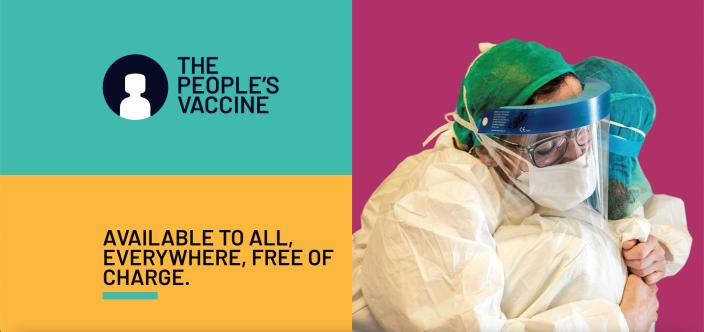
Our concerns for the most vulnerable
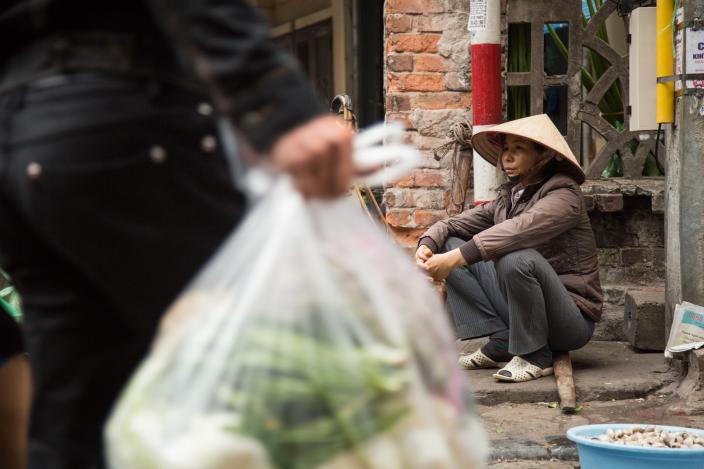
Oxfam is very concerned that when COVID-19 broke out in Vietnam, marginalized communities suffer the most. They are women, poor people, informal or migrant workers working in the production/service industries,.. that have to live and work in insecure environments with high exposure to the disease. Companies are cutting down on their human resources and job loss increases as the pandemic prolongs. Informal workers are not part of social protection and still have to make their ends meet on the streets.
On another note, a large portion of laborers and service workers are women, and they are on the frontline of infection risk. Their shoulders also carry the vast burden of unpaid care which is bound to increase dramatically, whether caring for sick relatives or looking after children at home since schools are now closed.
In the face of a global pandemic, it doesn’t matter where you come from, what language you speak, or your cultural background. COVID-19 reminds us that we all deserve to be treated equally and have the same basic rights.
Actions taken by Oxfam in Vietnam
To strengthen unity and holistic approach tackling Corona virus in ASEAN region and particularly in Vietnam as well as to protect the lives and ensure the wellbeing of the people, Oxfam in Vietnam has been working with partners to propose propositions and recommendations to the ASEAN Heads of State and the Vietnamese governments.
We are also working with local partners to deliver relief packages for people affected by the pandemic in Southern Vietnam, and support for women suffering Gender-Based Violence (GBV) during Covid-19.
Read more on our actions:
- Vaccine fund: A good strategy to secure large financing needed (Chiến lược hiệu quả đảm bảo nguồn lực tài chính cho phòng, chống Covid-19)
- Gói hỗ trợ 26.000 tỷ đồng có giải ngân được như kỳ vọng?
- Gói hỗ trợ khó khăn vì COVID-19: Tác động lớn hơn, hỗ trợ hẹp hơn?
- Các điều kiện của gói hỗ trợ 62.000 tỷ đồng phi thực tế với người lao động như thế nào?
- Who should benefit from government COVID relief packages?
- To tackle COVID-19, a United ASEAN must deliver urgently
Publications
- Vaccine monopolies make cost of vaccinating the world against COVID at least 5 times more expensive than it could be (Giá vắc xin COVID đội lên ít nhất 5 lần vì độc quyền)
- COVID vaccines create 9 new billionaires with combined wealth greater than cost of vaccinating world's poorest countries
- [Report] The Inequality Virus
- [Report] Fighting Inequality in the Time of COVID-19
- Dignity Not Destitution: An ‘Economic Rescue Plan For All’
- Vaccinating poorest half of humanity against coronavirus could cost less than four month’s big pharma profits

